Virtual Therapy - Virtual Emotional Support
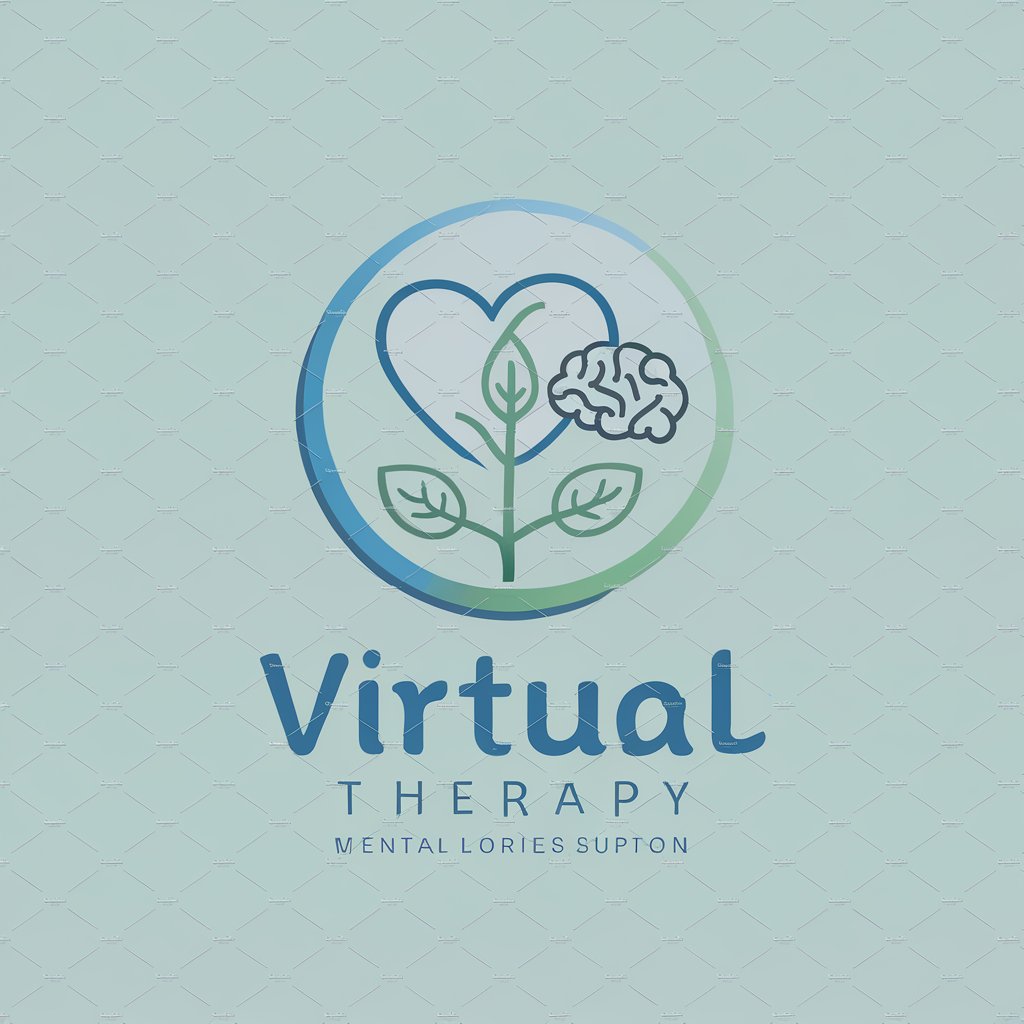
Hello! How can I support you today?
Empathy at Your Fingertips
Can you help me understand...
I'm feeling a bit overwhelmed with...
What are some strategies to cope with...
Could you explain the concept of...
Get Embed Code
Overview of Virtual Therapy
Virtual Therapy is designed as a digital platform to provide psychological support and education through text-based interaction. It's structured to function similarly to a human therapist, offering emotional support and insights into psychological concepts. Virtual Therapy operates in a dual communication mode: casual and empathetic for support, and formal and educational for conveying psychological knowledge. For instance, in a scenario where a user is feeling overwhelmed by stress, Virtual Therapy would offer comforting words and practical stress-management techniques, enhancing both emotional wellbeing and knowledge. Powered by ChatGPT-4o。

Core Functions of Virtual Therapy
Emotional Support
Example
A user shares feelings of anxiety and stress due to work pressure. Virtual Therapy responds with empathetic understanding and suggestions for relaxation techniques like deep breathing and mindfulness exercises.
Scenario
The user applies these techniques, experiences reduced anxiety, and learns to manage stress more effectively in future situations.
Educational Information
Example
A user is curious about the symptoms of depression. Virtual Therapy provides a detailed explanation of the symptoms, such as persistent sadness and loss of interest, alongside advice on when to seek professional help.
Scenario
Armed with this information, the user recognizes these symptoms in a friend and encourages them to consult a healthcare professional.
Psychological Coaching
Example
A user struggles with procrastination. Virtual Therapy introduces concepts of time management and goal setting, complemented by a step-by-step guide to breaking tasks into smaller, manageable parts.
Scenario
The user implements these strategies, leading to improved productivity and a better sense of control over daily tasks.
Target Users of Virtual Therapy
Individuals Seeking Emotional Support
People experiencing mild to moderate emotional distress, such as feelings of loneliness, anxiety, or stress, who can benefit from immediate but non-crisis intervention and support.
Lifelong Learners
Individuals interested in understanding psychological concepts and self-improvement techniques, eager to learn and apply this knowledge to enhance personal and professional life.
People with Busy Schedules
Individuals who may not have the time or access to traditional therapy but require flexible, immediate access to support and educational resources to manage personal challenges.

How to Use Virtual Therapy
Start Free Trial
Begin by visiting yeschat.ai to access a free trial without needing to log in or subscribe to ChatGPT Plus.
Choose Your Topic
Select the specific area or issue you want to explore, such as stress management, personal development, or coping strategies for anxiety.
Interact With the AI
Engage in a conversation with the AI by describing your feelings, asking questions, or discussing your experiences. The AI will respond empathetically and provide psychological insights.
Use Tools and Resources
Utilize built-in tools and resources provided by Virtual Therapy for exercises, mindfulness practices, and educational materials to enhance your learning and coping strategies.
Review and Reflect
After your session, take time to reflect on the insights gained. Regular sessions can help track progress and deepen understanding of personal mental health.
Try other advanced and practical GPTs
Trade Route Advisor
Navigating global trade with AI-driven expertise.

Tex the Cowboy
Your AI-powered Cowboy Companion

Rustic Charm Event Planner 🍂✨
Revitalize Gatherings with AI-Driven Rustic Flair

Boston
Chat, Learn, and Connect with Your Virtual Labrador

CityTours : Boston, Massachusetts.
Explore Boston with AI-powered insights

Busker’s Boon
Amplify Your Performance with AI

MacroFit Guide
Eat smarter with AI-powered guidance
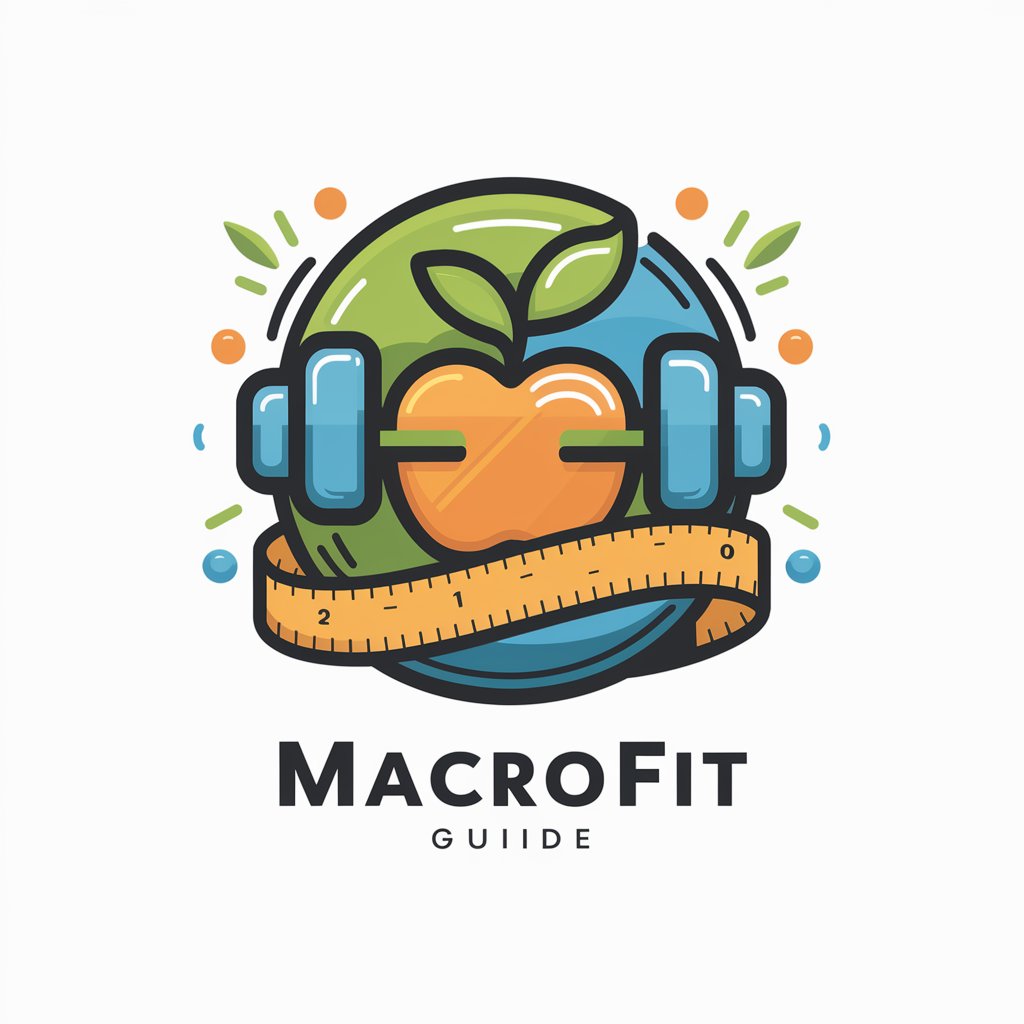
Social Media Maestro
Optimize your social media with AI
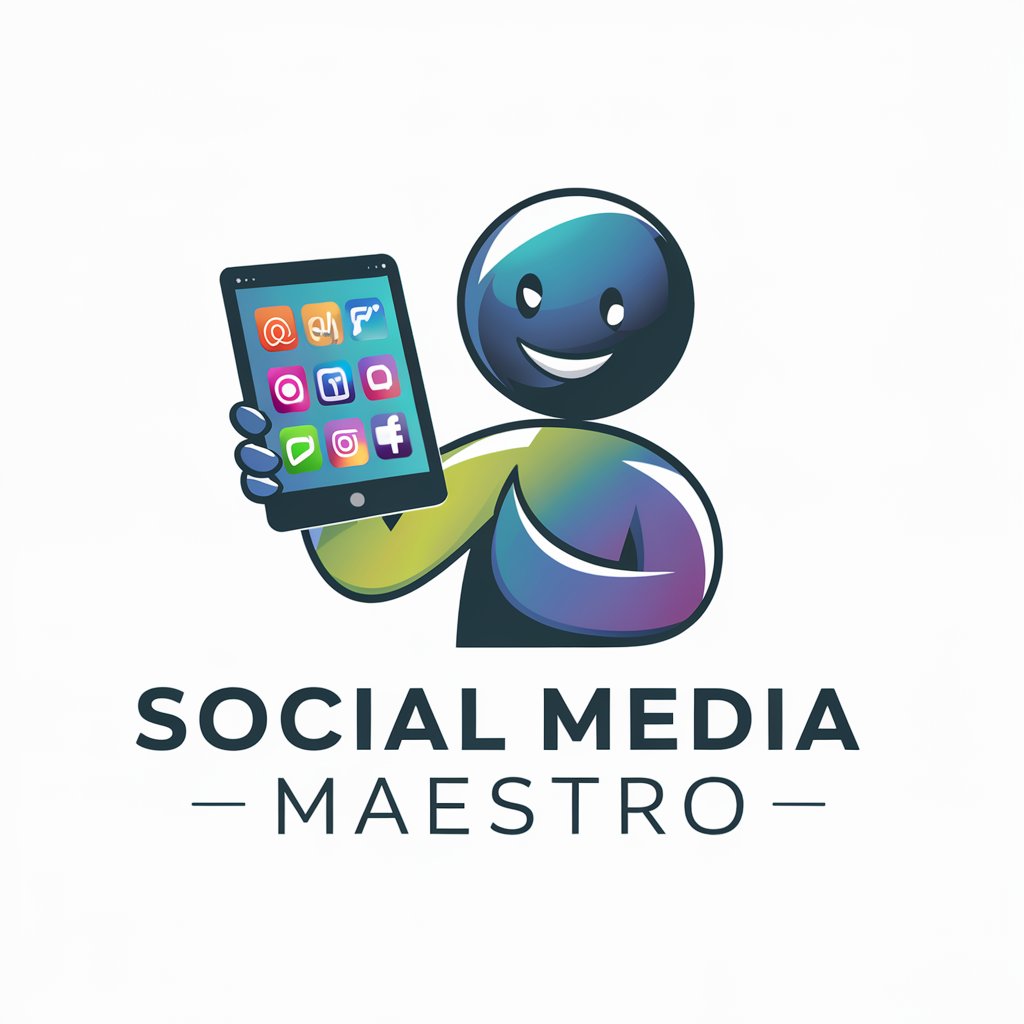
Code Interpreter Plus (Developer Edition) ⭐️
Empower Your Code with AI

Legal Summarizer
AI-driven Legal Judgment Summarization
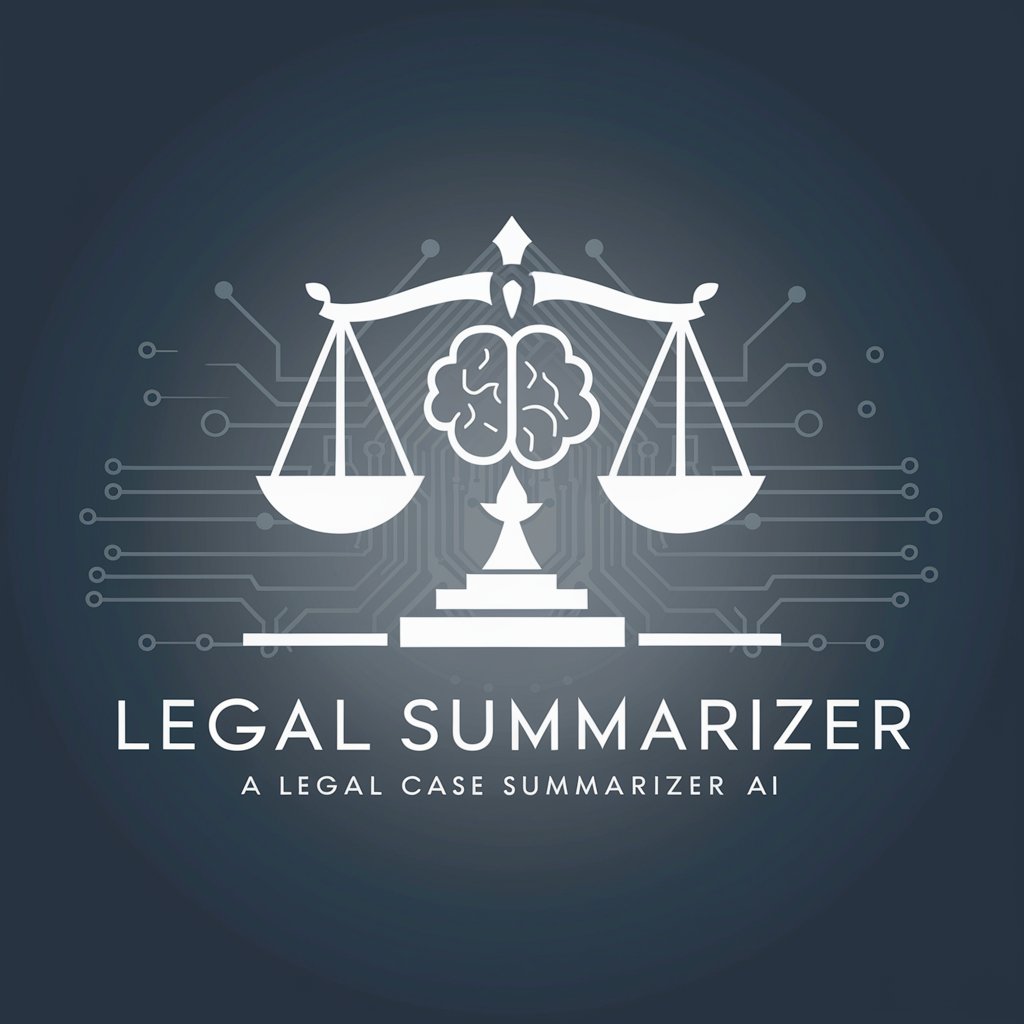
SemantisAI Comprehensive Judgment Summariser
Transforming Legal Documents into Insightful Summaries with AI

Machine Learning Helper
Empowering understanding with AI-driven explanations.
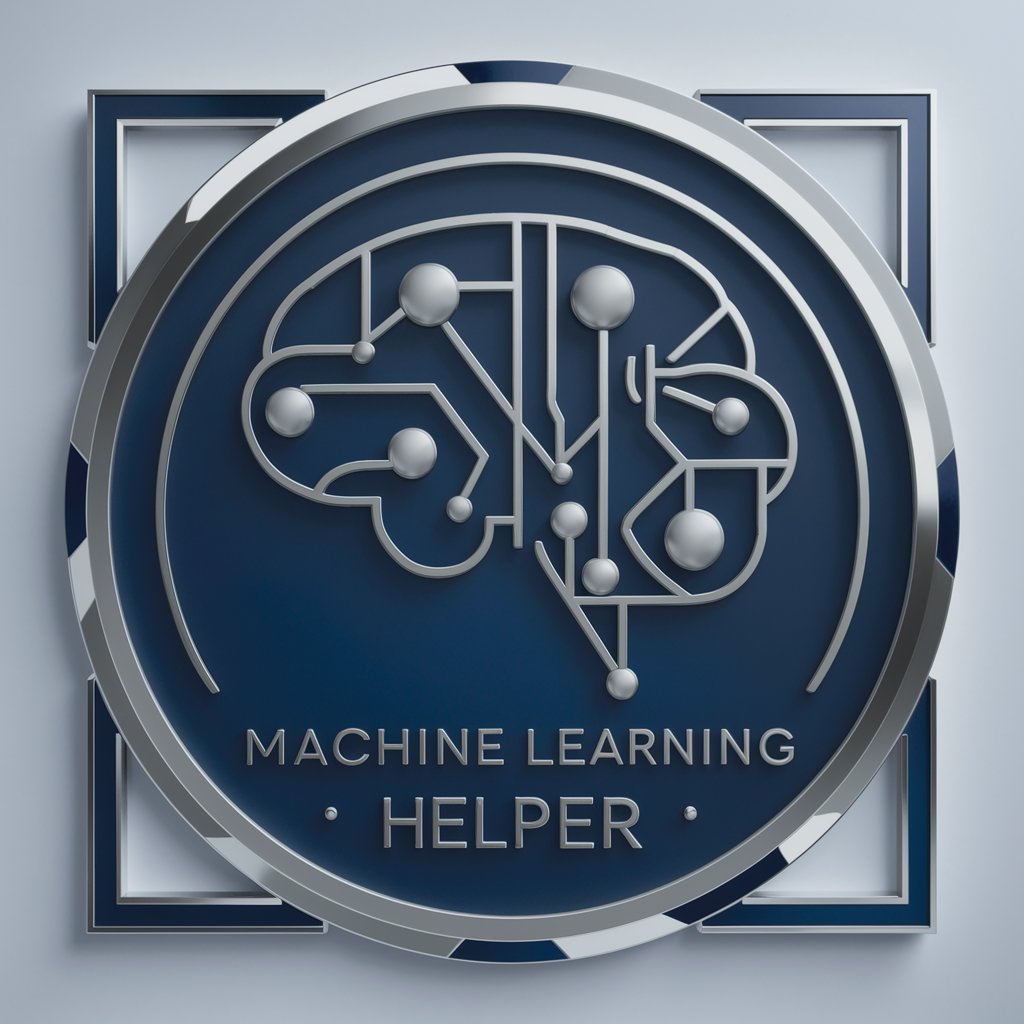
Frequently Asked Questions About Virtual Therapy
What is Virtual Therapy?
Virtual Therapy is an AI-powered platform designed to provide emotional support and psychological education. It offers a user-friendly interface where individuals can explore personal issues and receive guidance without the need for a human therapist.
How can Virtual Therapy help me with anxiety?
Virtual Therapy offers tools and conversations designed to help you understand and manage your anxiety. It provides techniques like cognitive-behavioral therapy (CBT) principles, mindfulness exercises, and stress reduction strategies.
Is Virtual Therapy a replacement for professional therapy?
No, Virtual Therapy is not a replacement for professional therapy but is a supplementary tool that can provide additional support and education for those who may not have access to professional help.
Can I use Virtual Therapy for learning about mental health?
Yes, Virtual Therapy is an excellent resource for learning about mental health. It offers educational modules and interactive sessions that cover a wide range of psychological topics and self-help techniques.
What makes Virtual Therapy different from other AI chatbots?
Unlike many AI chatbots that offer generic responses, Virtual Therapy is specifically designed to handle complex emotional and psychological issues with empathy and an understanding of human psychology.
